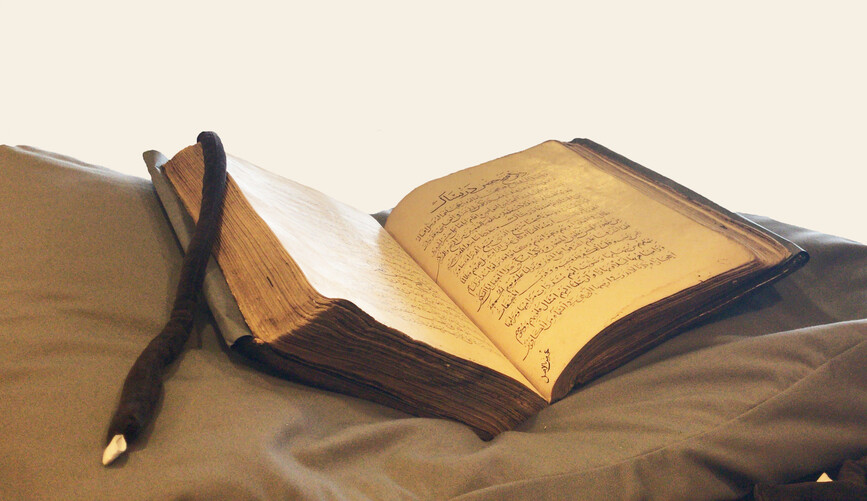Astrology in Mongol Iran: foreign fascination or popular pastime?

Online ZOOM lecture by Dr. Stefan Kamola | Institute of Iranian Studies, ÖAW
The Mongols are famous for their patronage of specialists in various fields, including medicine and statecraft. They also were great patrons of the astral sciences, with the brothers Hülegü and Qubilai each building observatories in their new capital cities. Many scholars (myself included) have drawn a distinction between the Mongols’ interest in astrological predictions—for campaigns, coronations, and the like—and the significant developments in observational astronomy and mathematics that took place at the new observatories in Iran and China. In this discussion, I want to explore the popularity of astrology in the eastern Islamic world at the time of the Mongol invasion to ask the question of whether the Mongols were bringing anything new to the region or simply drawing on a deep and rich indigenous belief in the power of stars over mundane life. By looking at the manuscript production of astrological handbooks and electuary tables, as well as other material evidence from the pre-Mongol period, I hope to better understand the atmosphere of astrological speculation that the Mongols found when they arrived.
Please register with https://oeaw-ac-at.zoom.us/webinar/register/WN_KaRQL4UsQz6SuL2x2cnKCA
This lecture is the first in this year's Webinar series organised by the NoMansLand research project (FWF Y 1232) dedicated to the study of Islamic manuscripts in pre-modern Iran and Central Asia.
Convenor: Project team "Nomads' Manuscripts Landscape"
For a list of upcoming lectures in the webinar series, please see Webinar series "Pre-modern Islamic manuscripts"